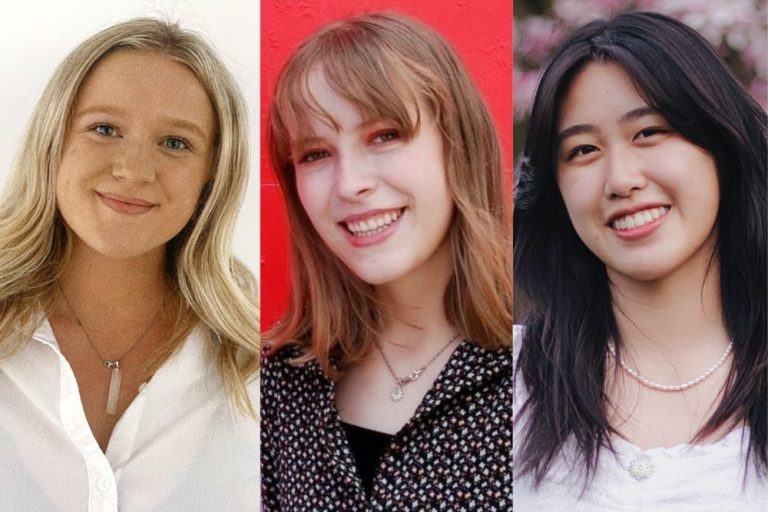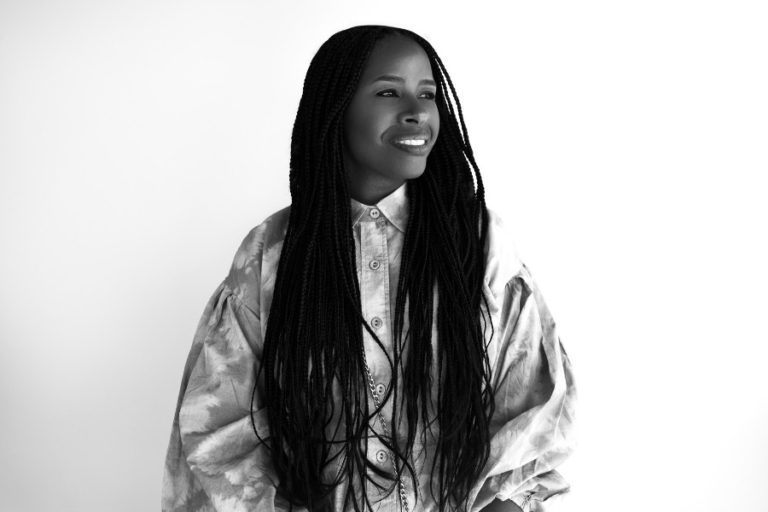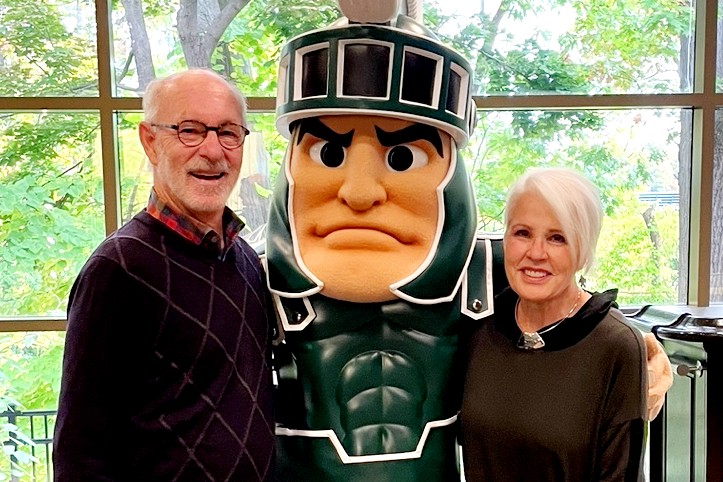“You can’t really understand the world without understanding religion,” says Dr. Mohammad Khalil, Director of the Muslim Studies Program and associate professor in the Department of Religious Studies.
“I do think there is a misconception that Religious Studies is theological studies or some kind of devotional approach to religion,” Dr. Khalil says. “Actually, we’re not here to promote a particular worldview; we’re here to learn about worldviews.
“We’re talking about a force that affects people’s lives. Even if someone is an atheist, religion affects his or her life.”
Dr. Khalil is well known for being dynamic and inventive as a teacher. In fact, he was honored with one of six 2015 MSU Teacher-Scholar Awards made to early-career tenure-system faculty who have earned the respect of students and colleagues for their devotion to and skill in teaching.
Khalil says that the primary goal of his research is to highlight differences of opinion. He wants readers, professors, and students to challenge assumptions and to see what is actually out there. He regularly integrates his research and teaching to create captivating courses on topics related to the study of religion, in particular, Islam.
“We’re currently working on an oral history project called Muslims in the Midwest,” he says. “Muslims have played a big role in the Midwest, historically.”

The “we” includes Khalil and MSU faculty members Dr. Salah Hassan (who initially proposed the project), Dr. Emine Evered, Dr. Stephen Gasteyer, Dr. Mara Leichtman, and Dr. Chantal Tetreault.
In discussing the project, Dr. Khalil notes that the United States Midwest has been home to Muslims for well over a century. Today, there are numerous mosques in cities such as Detroit and Chicago.
He adds that most people don’t know that it was a Muslim who designed the Sears Tower, now called the Willis Tower, or that the so-called “mother mosque” of the United States is in Cedar Rapids, IA.
Despite the significant history of Muslim presence in the U.S. heartland, according to Khalil’s team, there has been relatively little oral and visual historical documentation of Midwestern Muslims. In response, the team conceived Muslims in the Midwest as a multifaceted oral and visual history project with a substantial research component.”
“The primary goal of the project,” Khalil says, “is to establish and build a digital archive that documents the varied experiences of American Muslims in the Midwest through testimonies across generational, gender, geographical, socio-economic, and ethnic differences.”

The initial focus of the Muslims in the Midwest oral history project is on founding moments of Muslim communities (1890-2001) with particular emphasis on the following themes:
- Muslim religious practices in the absence of institutions
- The stages of growth of Muslim communities
- Crises and successes of communities and individuals
- Narratives of building community (centers, mosques, schools, businesses, organizations, educational firsts, etc.)
- Reflections on change
As for himself, Dr. Khalil has been interviewing founders of the Islamic Center of East Lansing and African-American Muslims who knew Malcolm X.
“I’m excited about this idea of challenging monolithic understandings and challenging one-dimensional portrayals of Muslims in America,” Professor Khalil says. “There is a rich history, and we want to share these stories with the broader public.
“This is a major project of American oral history that will advance our knowledge of Muslims in the American heartland.”
For more information about Dr. Khalil and his research visit Khalil.cal.msu.edu.


